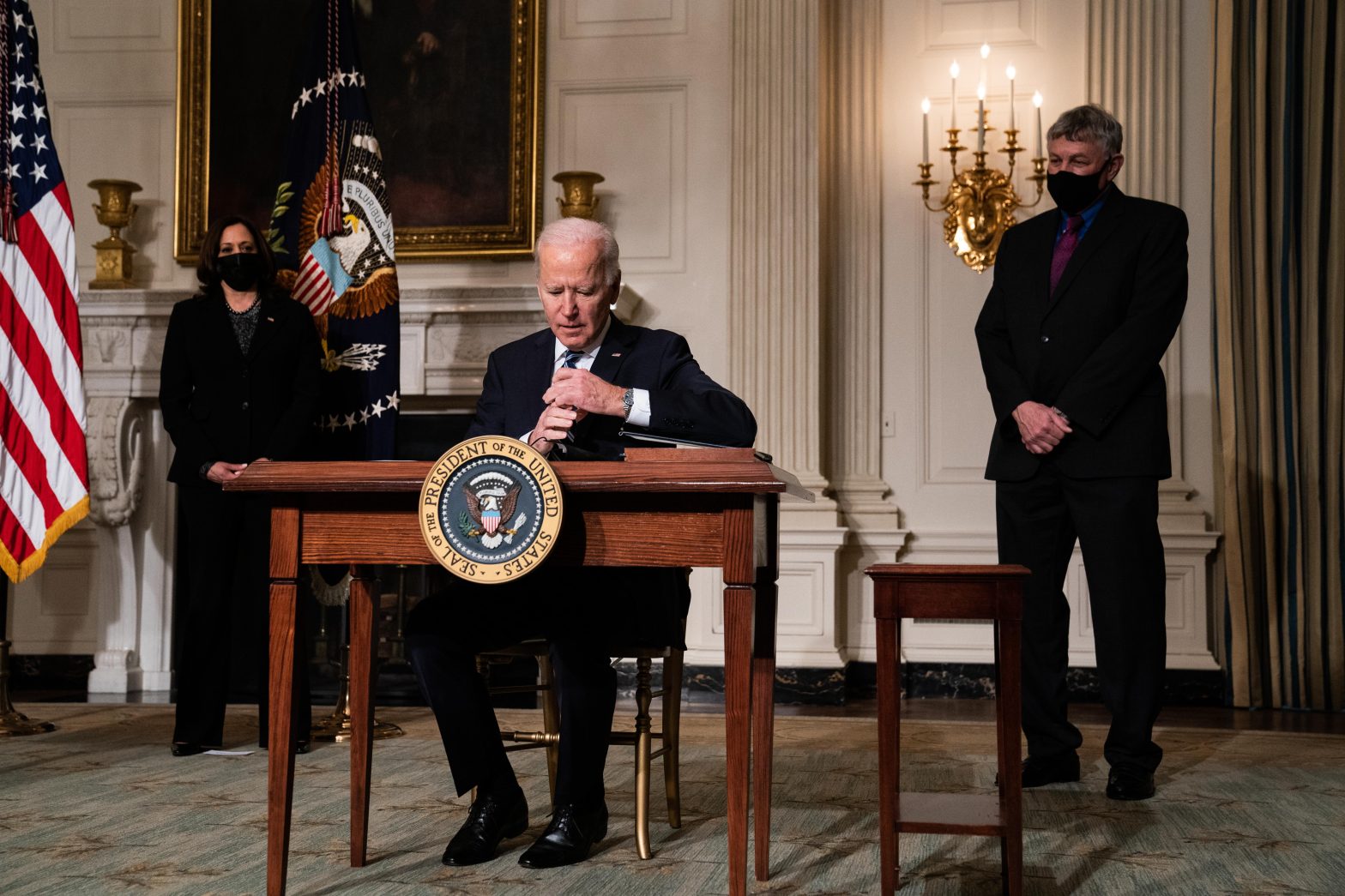Too Stupid to Live
COMMENTARY

“Nothing in all the world is more dangerous than sincere ignorance and conscientious stupidity.” — Martin Luther King
Dr. King didn’t know the half of it.
Those words, after all, are from 1963. Back then, the idea of U.S. citizens and lawmakers attacking their own democracy would have been unthinkable, flouting precautions in a deadly pandemic unimaginable, ignoring a threat to our very planet inconceivable. Of course, back then, information came through a few reliable conduits: Walter Cronkite, Chet Huntley, David Brinkley, the local paper.
There was no social media. The production and distribution of information had not yet become the province of any and everybody.
Things have changed. The unthinkable, the unimaginable and the inconceivable are hard upon us. We face not one, but three simultaneous existential emergencies, and while each is distinct, it’s time we understood that, ultimately, they are not different threats at all, but rather different manifestations of the same threat. Meaning that the insurrection crisis, the COVID-19 crisis and the climate-change crisis are really, at bottom, just facets of a misinformation crisis.
If you consider how belief in risibly false information ginned up by social media — e.g., Donald Trump won, vaccines magnetize skin, cold snaps disprove global warming — has impeded if not paralyzed our response to these and other issues, the truth of it becomes evident. Cronkite, Huntley and Brinkley are long dead, the local paper just a shadow of itself. Social media purport to fill the void and as a direct result, misinformation has reached critical levels.
It’s not that no one saw this coming. Warnings go back at least two decades, including in this very space. But the threat seemed so theoretical. Who knew that it would have such real and profound effects? Who knew it would cleave this country — this planet — like an axe, splitting the informed off so decisively from the proudly misinformed, the adherents to crackpot theories and screwball beliefs that would have been laughed off the public stage in 1963 but that, in 2021, find strength in numbers and validation online? And that now emerge as a clear and present danger.
Just this week, for instance, a United Nations panel issued a report warning that climate change has brought us to the point of catastrophe: “code red for humanity.” It’s a truth underscored by our own eyes, by the hundred-year events that now happen every year: devastating floods, blistering heat, raging fires, rampaging storms. The damage, we are told, is irreversible. We can only mitigate it.
You’d think such a dire prognosis would leave us united on the need for immediate action, but Fox “News” saw little to worry about, bringing on climate denier Marc Morano to assure viewers that the U.N. just wants to take their cars. “You’re being conned,” he said, “if you’re falling for this U.N. report.”
And so it goes.
The need to teach our children well — media literacy and critical thinking, in particular — has never felt more urgent. Indeed, it is not too much to call it a matter of survival. After all, the insurrection crisis threatens our country, the COVID crisis threatens our health and the climate crisis threatens the only planet we’ve got. But the misinformation crisis either caused or exacerbated them all. So the obvious epitaph if we do not survive these challenges would be ignominious, but fair:
Too stupid to live.
©2021 Miami Herald. Distributed by Tribune Content Agency, LLC.























